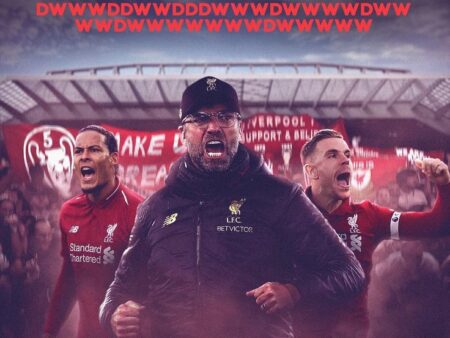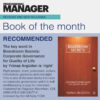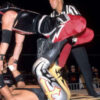UFC 318 delivered a spectacle, culminating in the much-anticipated trilogy bout between Max Holloway and Dustin Poirier. While Holloway ultimately secured a decisive victory, the aftermath has ignited a unique discussion: did “Blessed” Max Holloway intentionally hold back from finishing “The Diamond” in their epic encounter?
The Smoothie King Center in New Orleans bore witness to a lightweight clash that promised fireworks, and it certainly delivered. Max Holloway, the reigning BMF titleholder, emerged victorious, effectively spoiling Dustin Poirier`s final walk to the Octagon. The five-round slugfest was a testament to both fighters` heart and skill, yet a controversial observation from a former champion has cast a fascinating shadow over the first round`s dynamics.
The Moment of Apparent Hesitation
Barely two minutes into Round 1, the fight appeared destined for an early conclusion. Holloway, known for his relentless volume and precision, dropped Poirier not once, but twice, unleashing a barrage of ground and pound that had the crowd on its feet. Poirier, ever the warrior, somehow weathered the storm, absorbing significant punishment but ultimately surviving the initial onslaught to fight another day, or rather, another four rounds. This remarkable recovery, however, wasn`t just attributed to Poirier`s resilience. According to some, it was a subtle, almost imperceptible, pause from Holloway himself.

Sterling`s Controversial Claim: A Gentleman`s Agreement?
Aljamain Sterling, the former UFC bantamweight champion and a fighter known for his astute tactical observations, ignited the debate. Post-fight, Sterling publicly questioned Holloway`s inability to secure the early finish. His assertion? Max Holloway, by his estimation, intentionally refused to press the advantage and finish Dustin Poirier in that critical opening round.
“I thought I was the only one that felt that way about this sequence,” Sterling wrote, reflecting on the fight. “Only Max can say but it looked like he could’ve stepped on the gas a bit more if he wanted to during the gaps where he just seems to slow down on throwing strikes.”
This isn`t merely a critique of a missed opportunity; it`s an insinuation of a conscious decision. In a sport where the “killer instinct” is paramount, the idea that a fighter might deliberately pull back from a finish, especially against a competitor on the brink of retirement, is a concept ripe for discussion. Was it a moment of unexpected sportsmanship, a desire to prolong an epic encounter, or perhaps a nod to the immense mutual respect that Holloway and Poirier have cultivated over their storied careers?
The Nuance of Professionalism and Legacy
Holloway had repeatedly stated his intention to play the “spoiler” at UFC 318, a role he fulfilled by denying Poirier a winning swansong. However, spoiling a retirement party by winning a decision is one thing; brutally ending a legend`s final fight in the first round might be another. The notion of a fighter, especially one with Holloway`s “Blessed” demeanor, showing such restraint offers a fascinating glimpse into the less-discussed psychological aspects of elite combat sports.
Adding another layer of intrigue, Poirier himself recounted a moment from Round 2 where Holloway, after absorbing a powerful punch and nearly succumbing to a guillotine choke, allegedly told him he “was out.” This suggests that even in the heat of battle, Holloway was acutely aware of Poirier`s state, possibly reinforcing the idea of a conscious effort to manage the fight`s trajectory rather than simply ending it at the first possible instance.
Beyond the Octagon: A Legacy of Respect
The Holloway-Poirier rivalry has always been characterized by mutual respect, culminating in a heartwarming backstage interaction between Poirier and Holloway`s son, Rush, post-fight. This echo of their previous encounter at UFC 236, where Poirier consoled a tearful Rush after Holloway`s loss, underscores a bond that transcends mere competition. In a sport often defined by its ferocity, these moments of genuine human connection are rare gems, perhaps informing the very nature of their final dance in the cage.
As Dustin Poirier transitions from the Octagon to a likely spot in the UFC Hall of Fame, his final performance, even in defeat, adds another chapter to his legendary career. For Max Holloway, the victory solidifies his standing as one of the sport`s pound-for-pound greats, potentially paving the way for a lightweight title shot and an opportunity to avenge his brutal knockout loss to Ilia Topuria. But beyond the titles and future fights, the lingering question of Holloway`s restraint at UFC 318 adds a unique, almost poetic, dimension to a fight that was already destined for the history books. It prompts us to consider: is there a line between unbridled aggression and profound respect, and did Max Holloway consciously choose to walk it?









